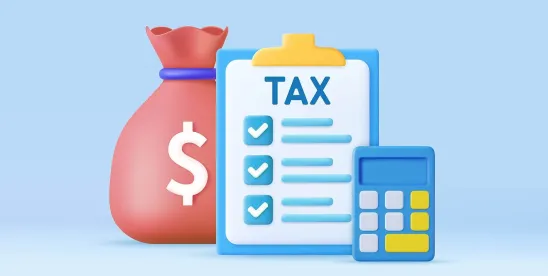On February 6, Congressional Republican leaders met with President Donald Trump to address the Trump Administration’s 2025 budget and tax priorities. During that meeting, the Trump Administration proposed to eliminate capital gains tax treatment on carried interest.
On that same day, Democrats in the House and Senate introduced bills to completely eliminate capital gains tax treatment on carried interest.
Background and Takeaways
- Carried interest is generally a form of equity compensation granted to investment fund managers (e.g., private equity, venture capital or hedge funds) in exchange for investment services provided to the fund. The typical fund structure used by sponsors enables fund managers to benefit from long-term capital gains tax treatment (e.g., 20%) on their carried interest when underlying fund investments are sold, as opposed to ordinary income tax treatment more typically imposed on wage or service income (e.g., up to 37%).
- The tax benefits provided by carried interest to fund managers have been under political pressure since 2006. Under the Trump Administration in 2017, the Tax Cuts and Jobs Act of 2017 (TJCA) was enacted and increased the one-year holding period requirement to a new three-year holding period requirement for fund managers to generate long-term capital gains treatment on their carried interest.
- Most recently, carried interest survived more pressure during the enactment of the Inflation Reduction Act of 2022, when Senator Kyrsten Sinema (D-AZ) successfully opposed an increase to the three-year holding period requirement for carried interest.
- It remains to be seen how the Trump Administration’s tax priorities with respect to carried interest will be implemented and how quickly tax legislation will move through the legislative process during 2025.
- The Senate has taken the lead in the budget reconciliation process and is marking up a budget resolution this week, suggesting that a two-bill approach to 2025 tax legislation may be more likely than the one-bill approach favored by House Republican leadership. The Senate’s two-bill approach would likely push substantive tax legislation to the latter half of 2025. However, the House Budget Committee announced yesterday it will move forward with its markup of a budget resolution in tandem with the Senate this week, throwing into question the two-bill approach favored by Senate Republicans. In short, the timing of when substantive tax legislation will move through Congress is currently in flux.
- Fund managers and investors should remain focused on 2025 tax legislation. Many fund agreements provide general partners the right to make certain unilateral changes to their fund agreements in the event of a change in taxation of carried interest. Thus, fund managers and investors should review existing fund documents to determine their potential strategic options if modifications to carried interest rules are enacted (e.g., does the fund agreement include provisions addressing such changes in law?).
- Fund managers and investors looking ahead to future (or current) negotiations of fund documents should consider including protective language in such fund documents to mitigate downside economic exposure to changes in law that reduce the after-tax value of their carried interest or that could otherwise affect investors’ legal or commercial positions.






 />i
/>i
